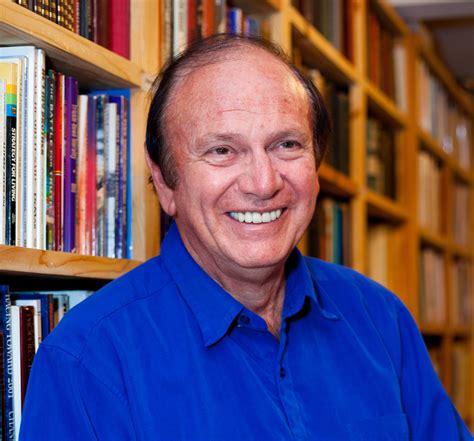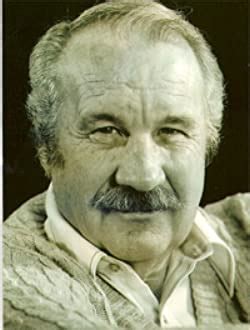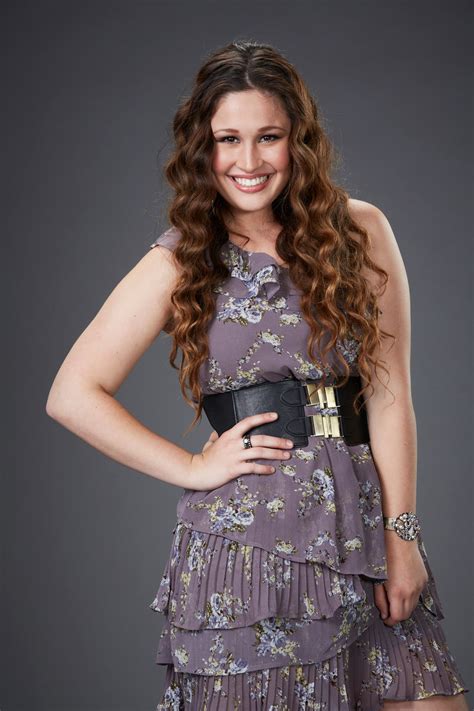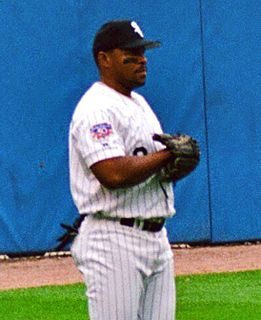A Quote by Charles R. Swindoll
You see, this people [Noah, Abraham, Sarah, Jacob, etc.] simply believed that God existed in the situation they were faced with, and they trusted Him rather than themselves. The result? God said, "That pleases Me." They were men and women just like you and I, which is the most encouraging part of all. We don't find golden haloes, or perfect backgrounds, or sinless lives, we just find people. People who failed, who struggled, who doubted, who experienced hard times and low times in which their faith was eclipsed by doubt. But their lives were basically characterized by faith.
Quote Topics
Abraham
Backgrounds
Basically
Believed
Doubt
Doubted
Encouraging
Etc
Existed
Experienced
Faced
Failed
Faith
Find
God
Golden
Hard
Hard Time
Hard Times
Him
Jacob
Just
Like
Like You
Lives
Low
Me
Men
Men And Women
Most
Most Encouraging
Noah
Part
People
Perfect
Pleases
Rather
Result
Said
Sarah
See
Simply
Situation
Struggled
Than
Themselves
Times
Trusted
Were
Which
Women
Related Quotes
Looking back at the worst times, it always seems that they were times in which there were people who believed with absolute faith and absolute dogmatism in something. And they were so serious in this matter that they insisted that the rest of the world agree with them. And then they would do things that were directly inconsistent with their own beliefs in order to maintain that what they said was true.
After 9/11, there were a lot of things being said about how the God of Islam and the God of the Christian faith were one and the same, but that's simply not true ... The God that I worship does not require me to kill other people. The God that I worship tells me I am to love my enemy, to give him food when he's hungry and water when he's thirsty.
There is a golden thread that runs through every account of faith from the beginning of the world to the present time. Abraham, Noah, the brother of Jared, the Prophet Joseph Smith, and countless others wanted to be obedient to the will of God. They had ears that could hear, eyes that could see, and hearts that could know and feel. They never doubted. They trusted.
It's a weak faith that only serves God in times of blessing. The book of Job teaches us that true faith, genuine faith, great faith is revealed only when we serve and trust God in the hard times, the times of suffering, loss, and opposition. That's the kind of faith that makes the world sit up and take notice.
The apostles were very sure that everything of theirs which had to do with salvation was a gift to them from God. 'Increase our faith'. They did not presume that the fullness of faith would come to them merely because they freely opted for it. They believed, rather, that it was a gift of God which would have to be granted to them.
We must see the face of the Lord .... There are things that God says to me that I know must take place. It doesn't matter what people say. I have been face to face with some of the most trying moments of men's lives when it meant so much to me if I kept the vision, and if I held fast to that which God had said. A man must be in an immovable condition. The voice of God must mean to him more than what he sees, feels, or what people say.
There were so many Cuban-Americans upset that we were going to Cuba and I was curious to see why they were so angry, and anti-Castro. I found out as soon as we got there. The people were treated terrible. The conditions were terrible. I can see why people risk their lives and limbs to get out. (Fidel Castro) lives like a king and won't help anybody, and has everybody scared to death. Nobody lives a normal life. It was still a good experience, but I thought we should just play that one game.
I had said that Le Guin's worlds were real because her people were so real, and he said yes, but the people were so real because they were the people the worlds would have produced. If you put Ged to grow up on Anarres or Shevek in Earthsea, they would be the same people, the backgrounds made the people, which of course you see all the time in mainstream fiction, but it's rare in SF.
There are parallels between the 1960s and now, because during the 1960s, people were being slaughtered, their lives were being taken, there was violence, greed, drugs were rising - just all of this. And my uncle was saying, you've got to come back to faith, hope and love. Now, you get the translation and say faith, hope and charity - faith, hope and love.
You could ask yourself, 'How did God Bless me today?' If you do that long enough and with faith, you will find yourself remembering blessings. And sometimes you will have gifts brought to your mind which you failed to notice during the day, but which you will then know were a touch of God's hand in your life.
[Gandhi] said, "I want to find God, and because I want to find God, I have to find God along with other people. I don't believe I can find God alone. If I did, I would be running to the Himalayas to find God in some cave there. But since I believe that nobody can find God alone, I have to work with people. I have to take them with me. Alone I can't come to Him."





































